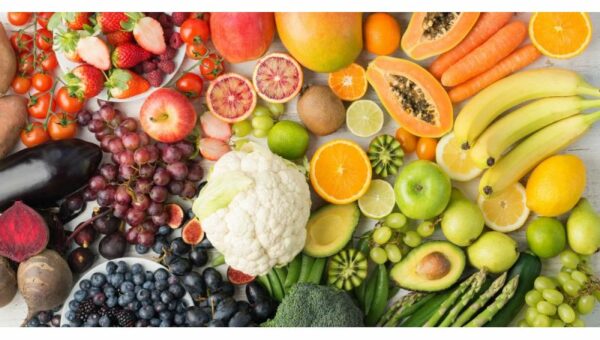“Keep the doctor away” may not be the only benefit of an apple a day.
According to recent studies, eating fruit as a snack may help prevent type 2 diabetes.
Researchers from Edith Cowan University in Perth discovered that people who consumed at least two servings of any fruit daily had a 36% lower chance of developing type 2 diabetes over the following five years after analyzing data from over 7,000 persons.
Rich in vitamins, minerals, and fiber, fruits are thought to help prevent diabetes by increasing cellular sensitivity to the hormone insulin, which lowers blood sugar.
“A healthy diet and lifestyle, which includes the consumption of whole fruits, is a great strategy to lower your risk of developing type 2 diabetes,” Dr. Nicola Bondonno, the study’s researcher
Fruits are rich in vitamins and minerals, but they’re also a fantastic source of fiber, which helps control blood sugar release and keeps people feeling fuller for longer, and phytochemicals, which are plant-based nutrients that may improve insulin sensitivity.
“Furthermore, most fruits typically have a low glycaemic index [a measure of how quickly a carbohydrate affects a person’s blood sugar], which means the fruit’s sugar is digested and absorbed into the body more slowly.”
In the UK, 3.9 million people received a diabetes diagnosis in 2019, with type 2 accounting for about 90% of cases.
The beginning of type 2 diabetes is frequently associated with a patient’s lifestyle, such as being overly sedentary or overweight.
If left untreated, the illness can result in limb amputations, heart disease, and blindness.
By 2030, 5.5 million individuals in the UK alone are predicted to have type 2 diabetes, so the researchers set out to find out how dietary changes could lower a person’s risk.
The researchers examined data on fruit and fruit juice consumption from participants in the Australian Diabetes, Obesity and Lifestyle Study, with an average age of 54.
“We found an association between fruit intake and markers of insulin sensitivity, suggesting people who consumed more fruit had to produce less insulin to lower their blood glucose levels,” stated Dr. Bondonno.
“This is important because high levels of circulating insulin can damage blood vessels and are related not only to diabetes but also to high blood pressure, obesity and heart disease.”
However, fruit juice was not proven to offer the same advantages.
“This is likely because juice tends to be much higher in sugar and lower in fibre,” said Dr. Bondonno.








